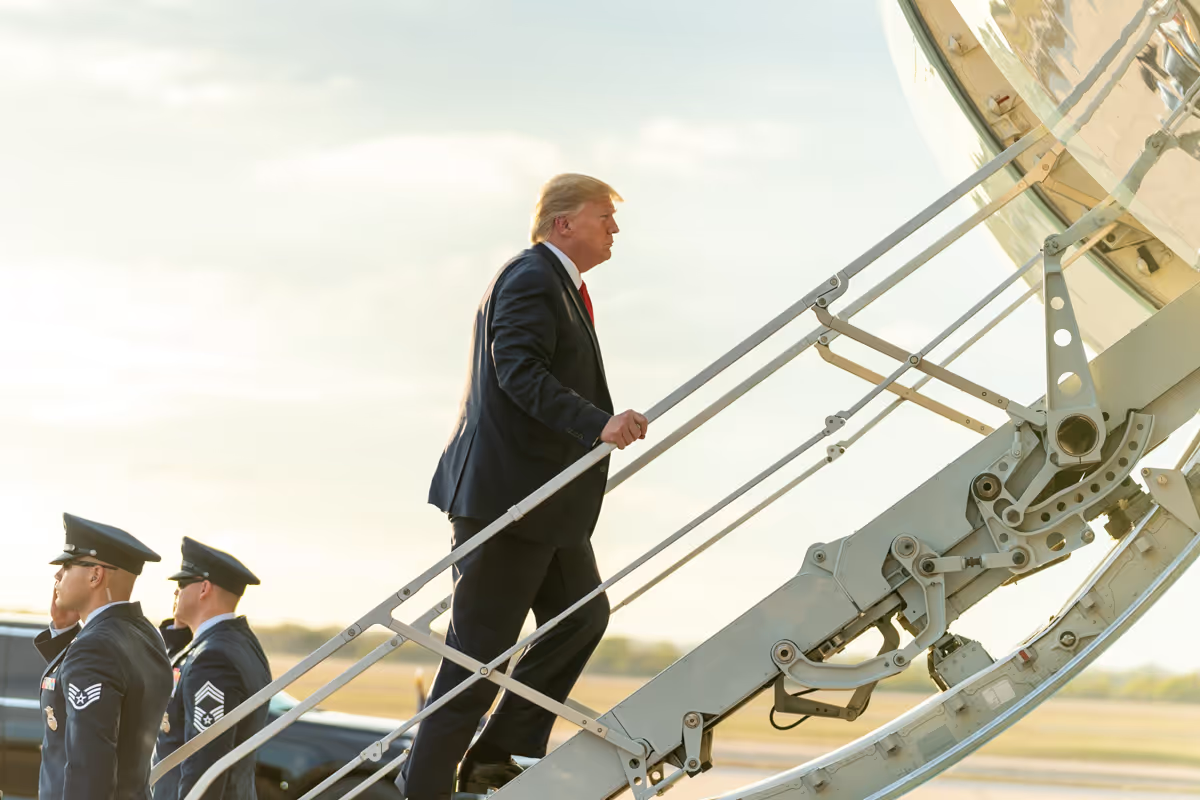The potential for a Chinese invasion of Taiwan poses a significant challenge to U.S. national security. A successful invasion would not only oppress the Taiwanese people but also expand China's influence across East Asia, threatening regional stability, per commentary from RAND Corporation.
The potential for a Chinese invasion of Taiwan poses a significant challenge to U.S. national security. A successful invasion would not only oppress the Taiwanese people but also expand China's influence across East Asia, threatening regional stability, per commentary from RAND Corporation.
The issue:
Taiwan faces the imminent threat of a Chinese invasion, which is complicated by outdated U.S. policies that prevent direct military support and hinder operational readiness. The U.S. struggles with logistical disadvantages, as Chinese forces are primarily based in East Asia, allowing for rapid action that U.S. forces may be unable to counter in time.
What they recommend:
Experts suggest that Taiwan should adopt a "porcupine" defense strategy, enhancing its asymmetrical capabilities to complicate a potential invasion. This includes fortifying beaches with obstacles and expanding the use of naval mines, which can create significant challenges for invading forces.
Go deeper:
Taiwan could create artificial reefs and deploy anti-vehicle obstacles to make invasion beaches less accessible, while also considering the strategic use of naval mines to disrupt Chinese naval operations. Additionally, a scorched-earth policy could be implemented to impede the restoration of key infrastructure that the PLA might capture. Collaboration with the U.S. in enhancing these defensive strategies is crucial, as they provide low-cost measures to boost Taiwan's defense capabilities.
This is a brief overview of a commentary from RAND Corporation. For complete insights, we recommend reading the full commentary.










